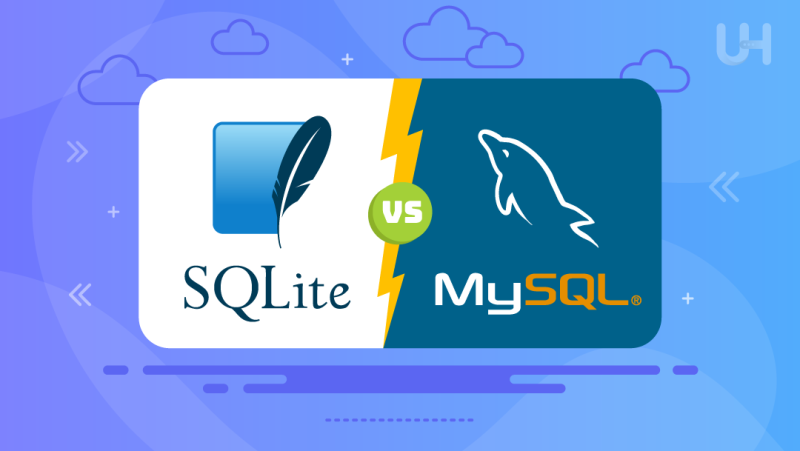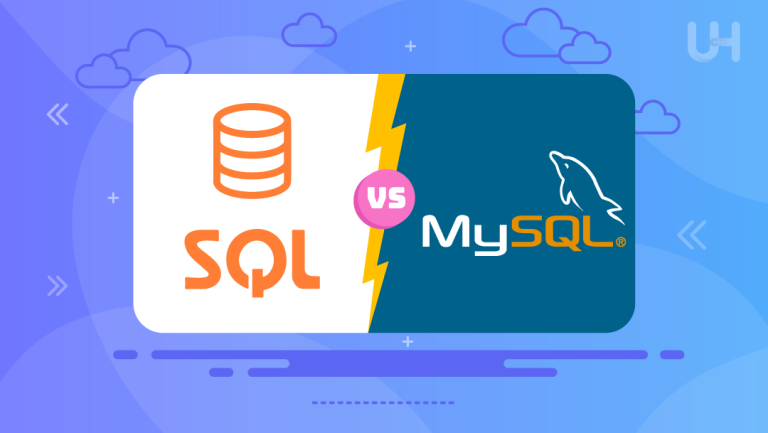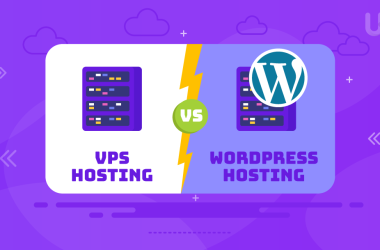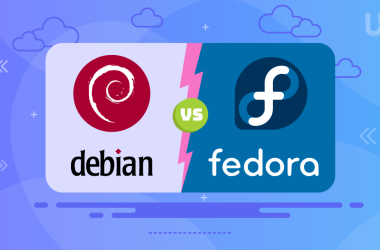Two names are generally circulated in the database domain: SQLite and MySQL. Although both are full-featured, open-source RDBMSs, each had different design goals and excelled in various situations. Whether developing a mobile app, managing a website, or even the data of an enterprise, the knowledge of SQLite vs MySQL can let you confidently choose one over the other.
In this article, we will explore SQLite and MySQL in terms of architecture, performance, scalability, and use cases to enable you to make an informed decision on which option is best for your project.
What is SQLite?
SQLite is a software library that provides a relational database management system (RDBMS). It was designed by D. Richard Hipp in August 2000. The goals of SQLite were to enable the program to operate without the need for a separate database management system (DBMS) or a database administrator. The term “lite” in SQLite refers to its lightweight, serverless, and self-contained database engine specifically designed for embedded applications. It functions as a library and requires minimal setup and maintenance. Its simplicity and portability make SQLite a popular choice for mobile applications, IoT devices, and small-scale projects.
Key Features of SQLite
- Serverless architecture
- Zero configuration
- Cross-platform compatibility
- Lightweight and fast
- Self-contained database file
Pros of SQLite
- File-based and easy to set up and use
- Suitable for essential development and testing
- Easily portable
- Uses standard SQL syntax with minor alterations
- Easy to use
Cons of SQLite
- Lacks user management and security features
- Not easily scalable
- It is not suitable for big databases
- It cannot be customized
What is MySQL?
MySQL is a robust and scalable client-server database management system that is extensively utilized in web development, enterprise applications, and large-scale data management projects. It offers support for multi-user access and facilitates complex querying, which makes it particularly well-suited for data-intensive and dynamic websites. With its robust features, MySQL is a preferred choice for developers and organizations looking to effectively manage large volumes of data.
Key Features of MySQL
- Client-server architecture
- Support for large datasets
- Multi-user access
- ACID compliance
- Extensive security features
Pros of MySQL
- Simple to use
- It offers numerous database-related features
- Provide robust security
- Easy scalability for large databases
- Impressive speed and performance
- Effective user management with multiple access controls.
Cons of MySQL
- Setting it up requires some technical expertise
- The syntax is slightly different from conventional SQL
SQLite vs MySQL: Comparison Table
| Aspect | SQLite | MySQL |
|---|---|---|
| Performance | Faster for read-heavy operations on smaller databases. | Optimized for write-heavy operations and concurrent access. |
| Scalability | Best suited for smaller applications with limited data. | Handles large datasets and supports multiple users. |
| Architecture | Serverless, operates as an embedded library. | Client-server architecture requires a database server. |
| Security | Minimal built-in security features. | Advanced security features, including user roles and access control. |
| Data Storage | Stores data in a single file. | Stores data across multiple files and tables. |
| Use Cases | Mobile apps, local storage, lightweight applications. | Web applications, data-driven platforms, and large databases. |
Unlock Scalability That Drives Your Success!
Looking for dependable MySQL hosting? UltaHost offers an ideal solution for your database requirements. With UltaHost, you’ll enjoy superior security, outstanding speed, and 24/7 support to ensure your MySQL databases operate smoothly and efficiently.
SQLite vs MySQL: Architecture Comparison
SQLite is designed to be a serverless database management system, meaning it operates as an embedded library within applications. This allows for lightweight, efficient data storage without the need for a separate database server.
In contrast, MySQL follows a client-server architecture, which necessitates the installation and configuration of a dedicated database server. This setup enables MySQL to handle larger volumes of data and simultaneous connections from multiple clients, making it more suitable for applications requiring complex queries and high scalability.
Scalability Between SQLite vs MySQL
SQLite is an excellent choice for smaller applications, particularly those that require a lightweight database solution with limited data storage needs. Its simplicity and ease of integration make it ideal for mobile apps, small web applications, or projects with minimal concurrency requirements.
In contrast, MySQL is a powerful relational database management system designed to handle larger datasets efficiently. It provides robust support for multiple user connections, making it suitable for applications that require high availability and scalability, such as eCommerce platforms, enterprise-level applications, and data-intensive web services. MySQL is capable of managing complex queries and transactions, providing a level of performance and reliability necessary for handling substantial amounts of data across numerous simultaneous users..
Performance Compatibility: MySQL vs SQLite
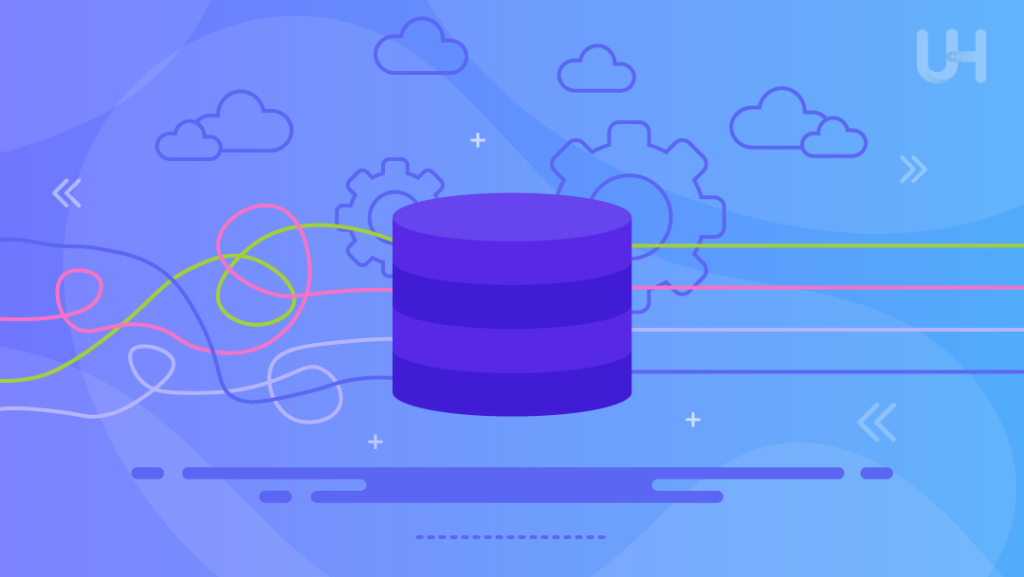
SQLite tends to excel in scenarios that involve read-heavy operations, mainly when working with smaller databases. In contrast, MySQL is designed with an emphasis on optimizing write-heavy tasks and facilitating concurrent access, making it a suitable choice for applications that require handling multiple users or transactions simultaneously.
SQLite vs MySQL: Security Features
SQLite offers limited built-in security features, making it suitable primarily for local applications and scenarios where data security is less of a concern. Since, it does not include advanced mechanisms for user authentication or data encryption, which can leave data more vulnerable in multi-user environments.
On the other hand, MySQL provides a robust set of security features designed for managing user access and protecting sensitive information. It includes granular user roles that allow administrators to specify permissions for different user accounts, ensuring that only authorized personnel can access or modify data. MySQL also supports advanced access control mechanisms, such as SSL certificates for data in transit and options for data encryption at rest, enhancing overall data security within database applications.
MySQL vs SQLite: Data Storage Comparison
SQLite is a lightweight, file-based database management system that stores all of its data within a single, self-contained file on the disk. This makes it easy to manage and deploy, as the entire database is encapsulated in one file, simplifying backup and transfer processes.
In contrast, MySQL is a more complex and robust relational database management system that organizes data across multiple files and tables. Each table in a MySQL database can be stored in different files, allowing for more efficient data management and retrieval in larger applications. However, MySQL’s structure supports concurrent access and extensive scalability, making it suitable for handling large datasets and higher transaction volumes.
Use Cases for SQLite and MySQL
SQLite is use for mobile applications, local storage solutions, and lightweight applications due to its simplicity and efficiency.
In contrast, MySQL is for web applications, data-driven platforms, and large databases, making it a preferred choice for managing extensive datasets and complex querying needs.
When to Use SQLite or MySQL?
When considering a database solution, it’s essential to choose one that fits your specific needs.
SQLite is ideal for situations where you require a lightweight and embedded database. Since, it offers minimal setup and administration, making it perfect for single-user projects and small applications where simplicity is key.
On the other hand, MySQL is a more robust option for multi-user environments. It provides strong security measures and maintains data integrity, making it a reliable choice for applications that handle large datasets and require scalability.
The Right VPS Hosting for MySQL and SQLite
You also need to find the best Virtual Private Server hosting support specialized in deploying and running your database management system, whether it’s MySQL or SQLite. Most VPS hosting services provide these types of services for the best performance, data security, and proper management of your SQLite and MySQL databases.
SSH VPS Hosting
SSH VPS Hosting is highly secure and ideal for remote access, ensuring that databases are maintained safely. With this setup, administrators can run commands, transfer files, and perform maintenance tasks through secure, encrypted connections. This type of hosting allows for effective and safe management of your SQLite and MySQL databases.
DDoS Protected VPS Hosting
DDoS-Protected Server Hosting services are designed to safeguard your database from DDoS attacks, which can disrupt services and impact data availability. Since, these services offer protection for businesses that rely on real-time data processing and high availability. Essentially, this protection ensures that there is no service interruption for businesses using SQLite databases.
Conclusion
SQLite and MySQL are two robust database management systems, each with distinct advantages and disadvantages. The particular requirements of your project, like as scalability and expected workload, should inform your decision between SQLite vs MySQL. Understanding these differences can help you make an informed decision that aligns with your project’s requirements.
Understanding the differences between SQLite vs MySQL is essential for managing PHP-based applications. Choose UltaHost for PHP hosting to enjoy unmatched reliability and performance, ensuring your SQLite and MySQL databases operate smoothly and efficiently.
FAQ
What is the main difference between SQLite and MySQL?
The main difference is, that SQLite is serverless, while MySQL follows a client-server architecture.
Which is faster, SQLite or MySQL?
MySQL excels in write-heavy, multi-user environments, whereas SQLite is faster for lightweight, read-heavy tasks. Hence, SQLite is much faster.
Can SQLite handle large databases?
Yes, SQLite can handle smaller datasets efficiently but struggles with large-scale databases.
Is MySQL free to use?
Yes, MySQL offers an open-source version. But, also have the premium version to buy.
Which is better for mobile apps: SQLite or MySQL?
SQLite is often considered a superior option for mobile applications due to its lightweight nature, efficiency, and ease of integration.
Do I need a server for SQLite?
SQLite operates in a serverless architecture, meaning it does not require a separate server to manage its operations.
Which hosting service is best for MySQL databases?
Choosing MySQL Hosting can be a highly advantageous option for managing your database needs.





